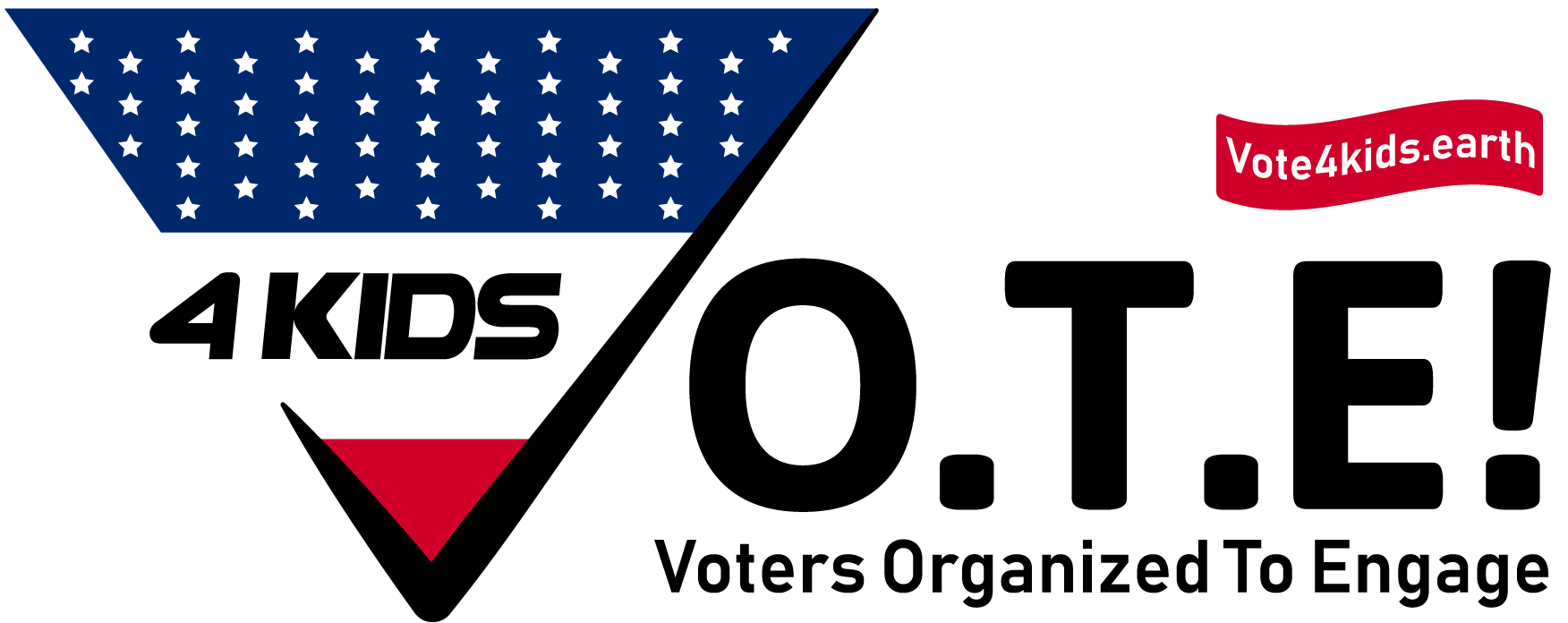Waste Woes: California's Battle for Sustainable Solutions
California's Waste Challenge Expanded:
California is a really huge and bustling state with many people and businesses. People in California care a lot about the environment and try to recycle and reduce waste. However, even with all these efforts, California still ends up with a massive amount of garbage. The problem is that the places where they put all this trash, known as landfills, are running out of space. They're getting overwhelmed by all the waste generated in the state. Imagine having a garbage can at home that's always full, and you don't have anywhere else to put the trash. That's what's happening on a much bigger scale in California.
Because California can't handle all its trash by itself, it has to send some of it to other states. This is kind of like asking your neighbor to let you put some of your garbage in their bin because yours is full. It might solve the immediate problem, but it's not a long-term solution. So, California faces a big challenge when it comes to managing its waste. They are actively looking for better ways to reduce, reuse, and recycle to tackle this issue and lessen their impact on the environment.
Overflowing Landfills Simplified:
California makes an enormous amount of trash—77 million tons every year. That's because lots of people live there, and the economy is really busy. But here's the problem: the places where they bury all this trash, called landfills, can't take it all. Many are almost full or already closed. Building new landfills is tough because people don't want them in their neighborhoods (that's the NIMBY sentiment). Also, there are worries about how landfills can harm the environment. Plus, there are lots of rules and regulations to follow. So, California has a big challenge with all this trash and not enough places to put it.
Exporting Waste Expanded:
California has a tricky problem because it creates a huge amount of trash, but its landfills can't handle it all. To solve this, California ships about one-third of its garbage to other states like Arizona, Nevada, and Oregon. This might sound like a smart idea to free up space in California, but it creates a bunch of new challenges.
First, the states receiving California's trash have to deal with it, and that's not always easy or pleasant. Imagine getting a huge pile of someone else's garbage in your backyard – it's not something anyone would want.
Second, sending all this trash to other states means long-distance transportation, which uses a lot of trucks and energy. This adds to greenhouse gas emissions, which is bad for the environment and contributes to climate change.
So, while exporting waste helps California deal with its landfill problem, it shifts the environmental issues and creates new problems in the states that have to handle the trash. It's a reminder that dealing with waste is a complicated challenge with no easy answers.
Sustainable Solutions
California needs a more sustainable waste management approach. First, it should bolster waste reduction and recycling efforts, including stricter policy enforcement. Additionally, embracing waste-to-energy technologies like anaerobic digestion and gasification can reduce waste and produce renewable energy. Raising public awareness about waste reduction can also make a significant difference.
In conclusion, California's waste woes highlight a global challenge: managing waste sustainably. It serves as a stark reminder that without changing our consumption habits and adopting eco-friendly waste management, we risk harming our planet.
